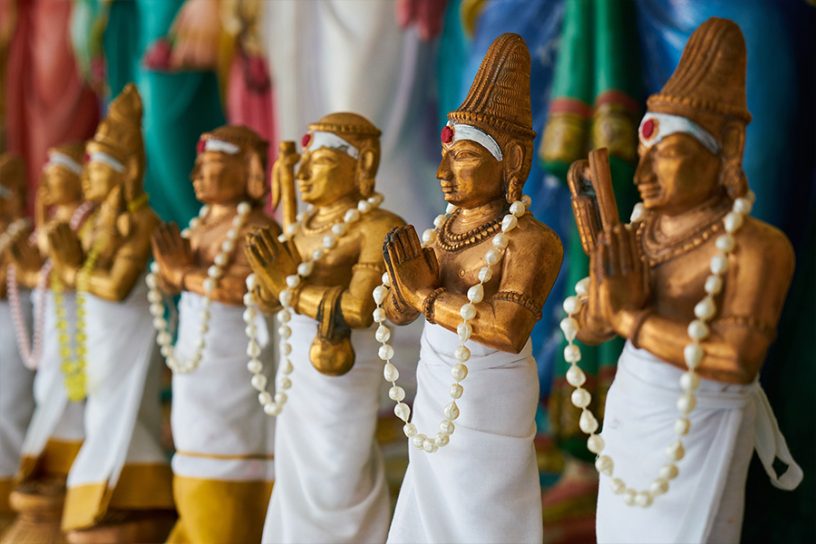
Describing India in exclusionary and ethnic civilizational terms amplifies society’s fault lines, exacerbates existing prejudices, and widens social fissures, says the author.
Author
Prabhash Ranjan, Professor and Vice Dean, Jindal Global Law School, O.P. Jindal Global University, Sonipat, Haryana, India.
Summary
India’s cultural rightists lately have been doubling down on the narrative of India being a civilizational state. For instance, Santishree Dhulipudi Pandit, the Jawaharlal Nehru University vice-chancellor, has said that India is a “civilization state” and should not be reduced to a civic nation bound by the Constitution.
Few will quibble with the virtues of India’s ancient civilization. Mahatma Gandhi, for example, writing in Hind Swaraj contrasted the Indian civilization which elevated “the moral being” with the vacuous modern civilization fuelled by the West’s imperial and colonial instincts to bolster bodily comfort.
However, as political scientist Amitav Acharya reminds us, Indian civilization is very eclectic, not homogenous. On the one hand, our freedom fighters, from Mahatma Gandhi to Bhagat Singh, and from Subhash Chandra Bose to Jawaharlal Nehru, notwithstanding their differences, articulated India’s civilization in inclusive and pluralistic terms. On the other hand, Indian cultural rightists enunciate India’s civilization as a tale of pure Hindu culture.
The story goes that this pristine Hindu culture was contaminated by the cultural ‘other’ i.e. the barbaric Muslim invaders, followed by Christian missionaries, and now the time has come to restore Hindu civilizational glory.
This exclusionary civilizational narrative is oblivious of India’s rich syncretic culture nursed by the teachings of Guru Nanak, nourished by the poetry of Amir Khusro, Mirza Ghalib and Kabir Das, and cultivated by the devotional songs of Mirabai.
The cultural rightists ignore the fact that Hindus, Muslims, Sikhs, and Christians toiled against British imperialism shoulder-to-shoulder. It also whitewashes uncomfortable truths such as the oppression of women and marginalized communities in ancient India.
Describing India in these exclusionary and ethnic civilizational terms amplifies society’s fault lines, exacerbates existing prejudices, and widens social fissures. It comes tantalizingly close to Samuel Huntington’s deeply contentious thesis of the clash of civilizations by giving credence to the argument that the enduring and invariable core of all civilizations is religious.
Accordingly, if Christianity defines the West, then India is defined by Hinduism. Thus, nothing should come in the way of the pursuit of India’s ‘Hindu’ civilizational ethos including the checks and balances imposed by values enshrined in the Indian Constitution.
Published in: NDTV
To read the full article, please click here.


